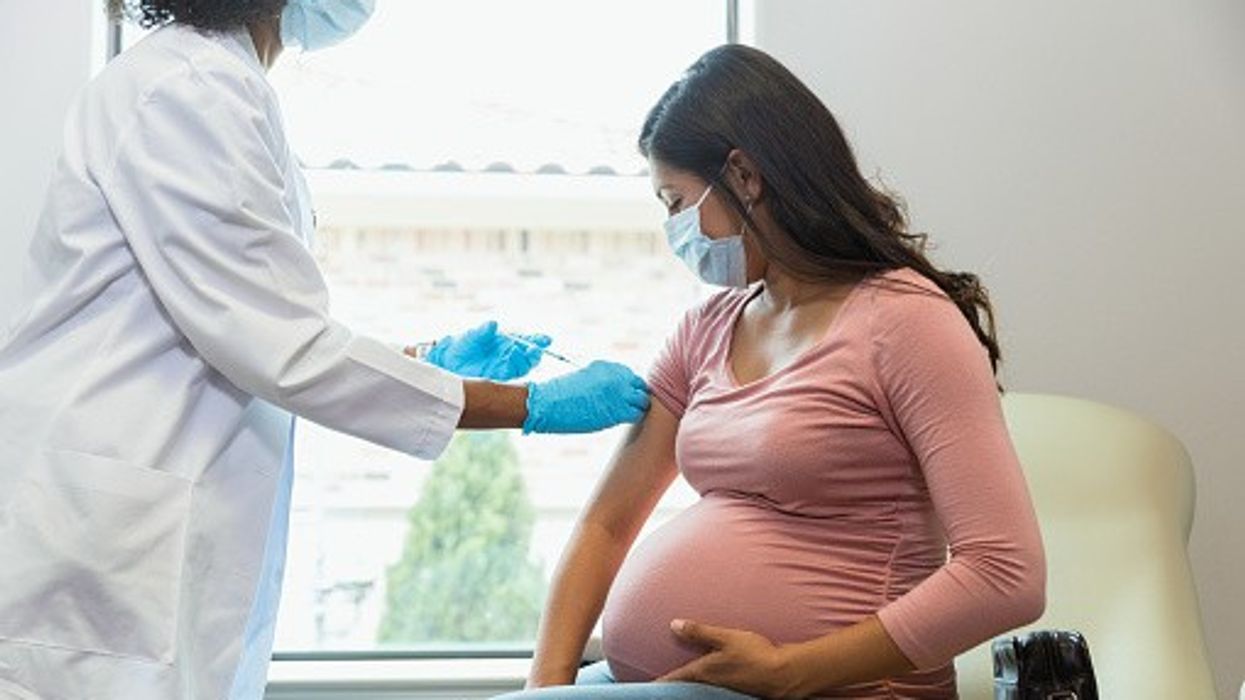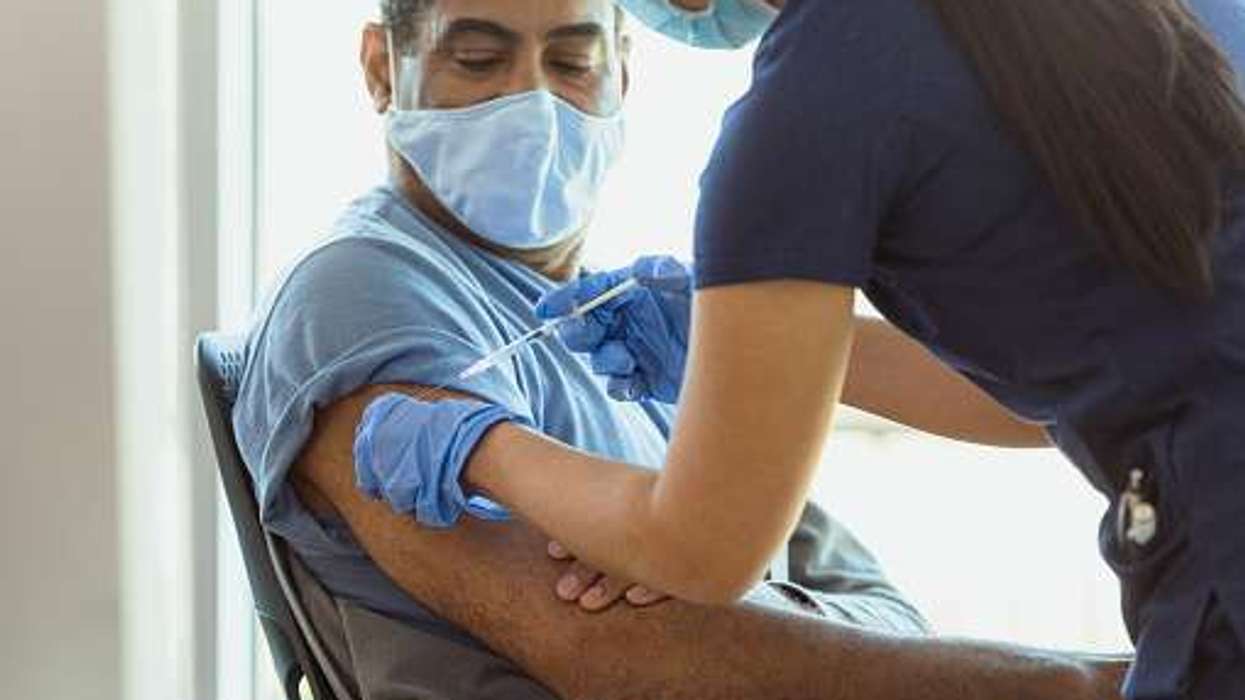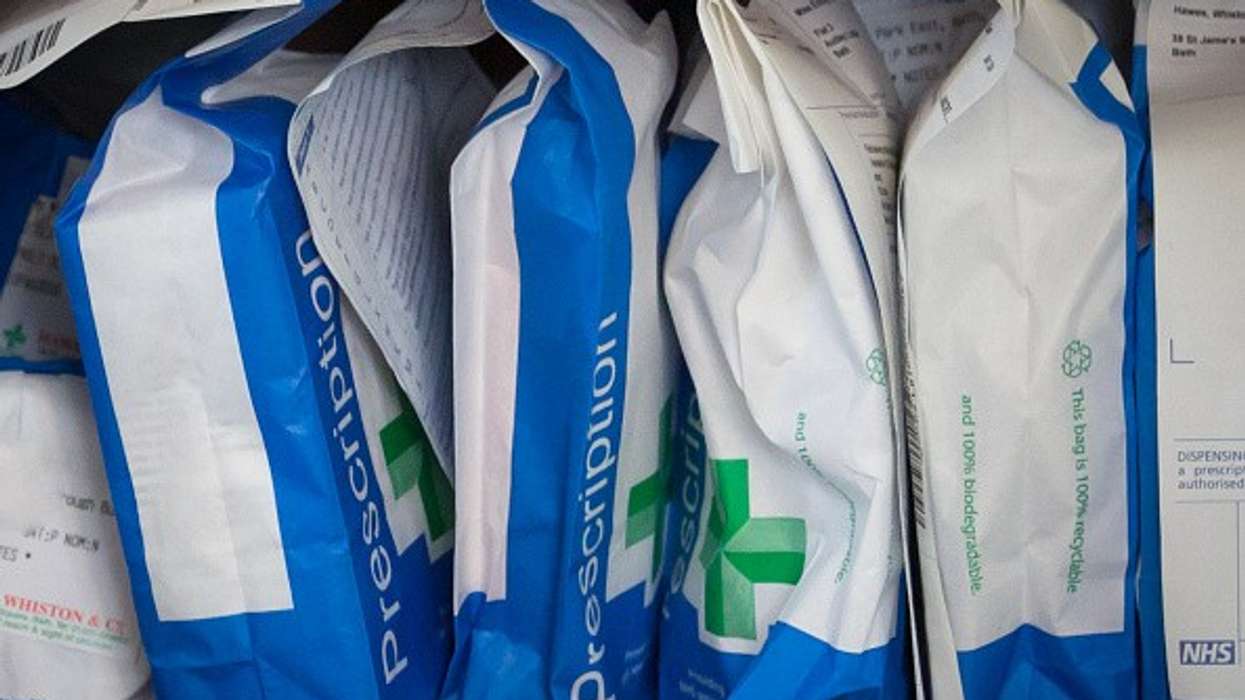Key Summary
- Maternal whooping cough vaccination rates have risen to 73 per cent after a major outbreak affected over 3,000 people
- The jab protects babies from a potentially fatal disease that caused 11 infant deaths in England last year
- UKHSA urges all pregnant women to get vaccinated from 20 weeks to safeguard their newborns
The UK Health Security Agency (UKHSA) recently declared that the number of pregnant women coming forward for the whooping cough vaccine IS rising significantly.
Pertussis, also known as whooping cough, is a bacterial infection that damages the lungs with common symptoms like cold, runny nose or sore throat. Babies indicate this issue through a distinctive whoop, or through uneasy breathing.
The latest data shows maternal whooping cough vaccination rates have been rising steadily for seven months.
Unlike adults, whooping cough can lead to severe complications, even fatal for infants. The potential danger of the disease was reflected in the tragic death of 11 infants in England last year.
As per studies, timely vaccination can provide up to 91 per cent protection from infant death.
All babies get three doses of the 6-in-1 jab at 8, 12, and 16 weeks to protect against whooping cough, diphtheria, polio, and other serious diseases, followed by a pre-school booster at 3 years 4 months.
A whooping cough outbreak took place between 2023 and 2024 affecting over 3,000 people. With the constant urge of UKHSA, the vaccination rate that stood at 59 per cent last year has risen to 73 per cent in this March.
Staying at home and resting completely is crucial for whooping cough, to prevent the spread of the disease.
Anyone diagnosed with whooping cough must stay at home and rest until 48 hours after beginning antibiotics. People with symptoms, who do not use antibiotics must undergo rest for two weeks.
“While we’re making excellent progress, we want to ensure every expectant mother is offered the vaccine at the optimal time and understands that this vaccine is the best way to protect their baby during those crucial first weeks after birth. If you are pregnant and approaching 20 weeks, and haven’t been offered the whooping cough vaccine, please speak to your GP or midwife today to find out how you can get your vaccine,” said Dr Sharif Ismail, Consultant Epidemiologist at UKHSA.
“I strongly urge all pregnant women to get vaccinated when they become eligible and give the invaluable gift of protection to their newborn,” Ashley Dalton, Minister for Public Health and Prevention added.













